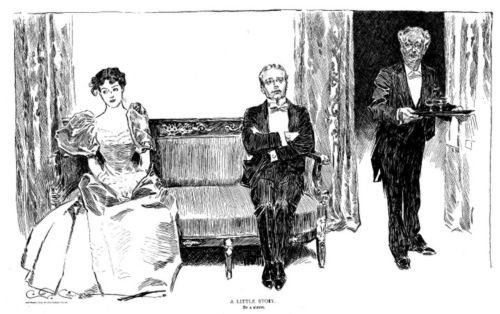Brand Tax
Is there any difference?

The term "brand tax" does not have a widely recognized or standardized definition in the realm of business or economics. However, it is sometimes used to describe a phenomenon where consumers are willing to pay a premium price for a product simply because of its brand name or reputation, even if the product itself does not possess significant additional value or quality compared to a similar non-branded or generic alternative.
In this context, "brand tax" suggests that consumers may be paying an extra cost, often referred to as a "premium," for the perceived status, prestige, or association with a particular brand. This premium is essentially an additional price that consumers are willing to pay because they trust the brand or consider it to be superior, even if the underlying product or service may be comparable or even identical to a lower-priced alternative.
The concept of brand tax is subjective and can vary depending on the industry, product category, and consumer behaviour. It highlights the influence of branding and marketing strategies in shaping consumer perceptions and purchasing decisions. Some well-established and iconic brands have successfully cultivated a strong brand image that commands higher prices, while others may struggle to justify a higher cost based solely on brand appeal.
It's important to note that the term "brand tax" is not a formal economic or business concept but rather a colloquial phrase used to describe the phenomenon of consumers paying more for branded products due to intangible factors associated with the brand itself.












